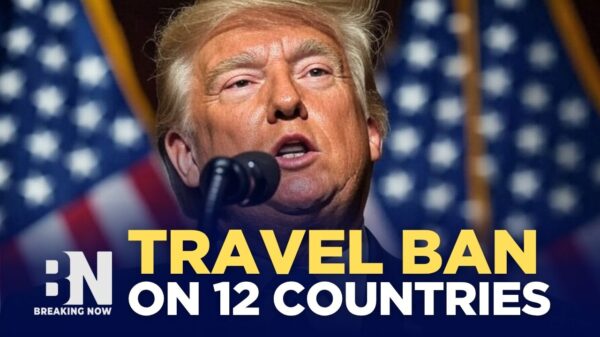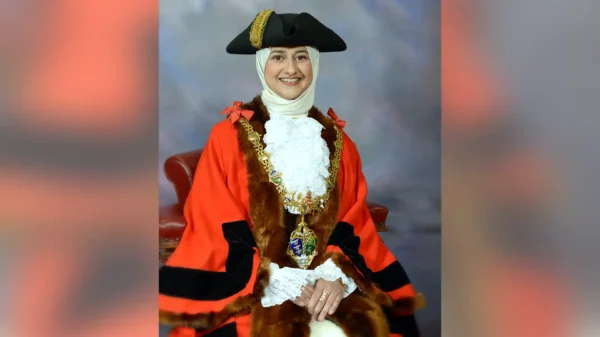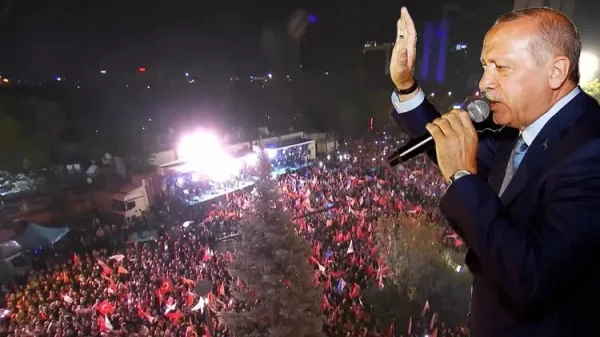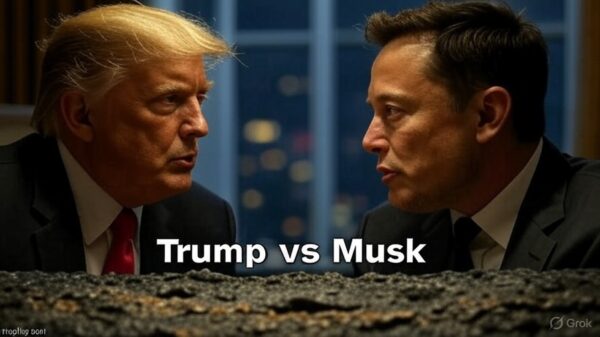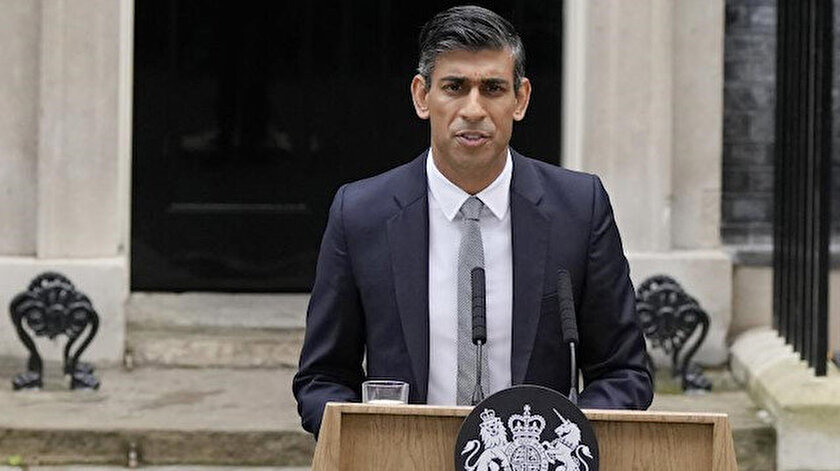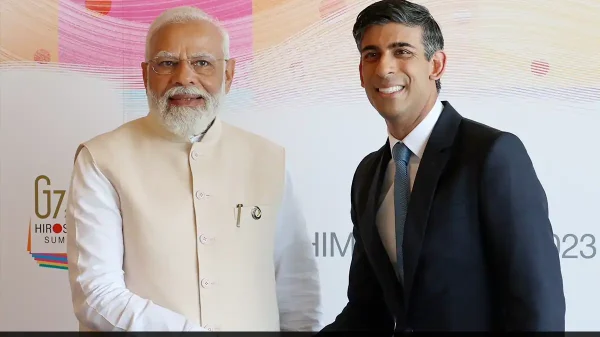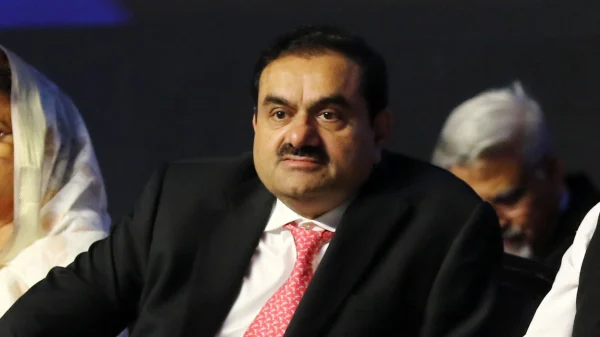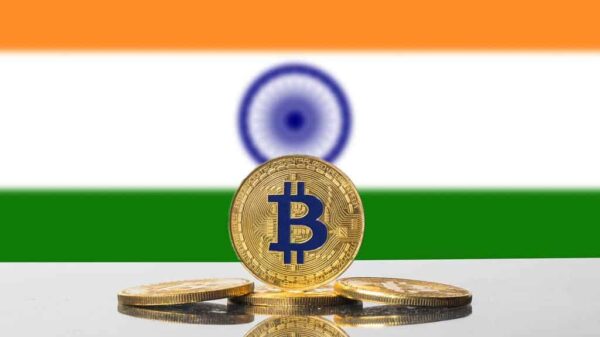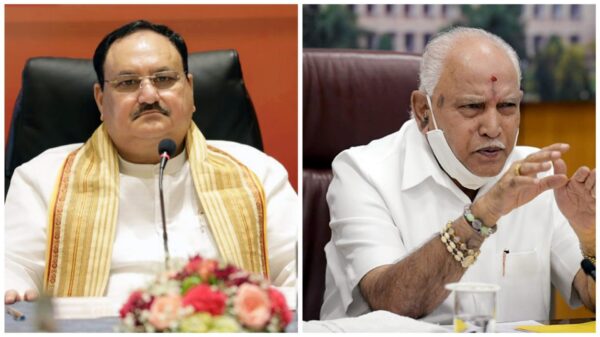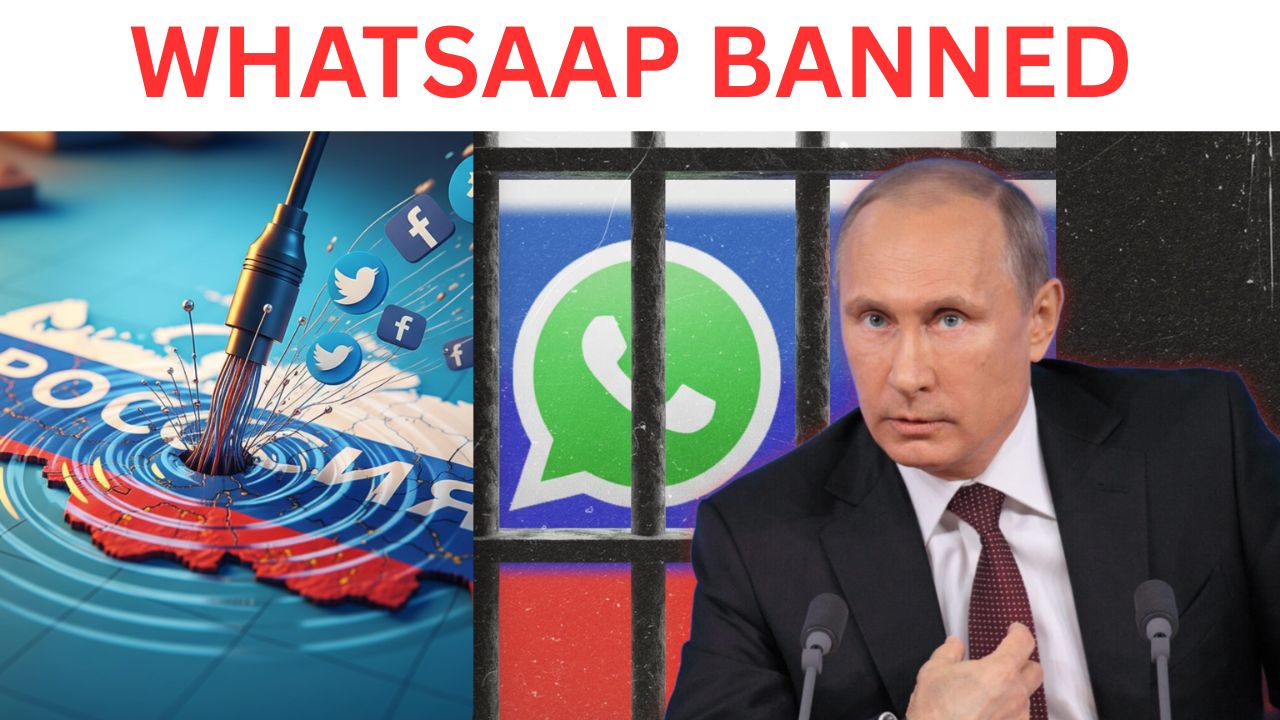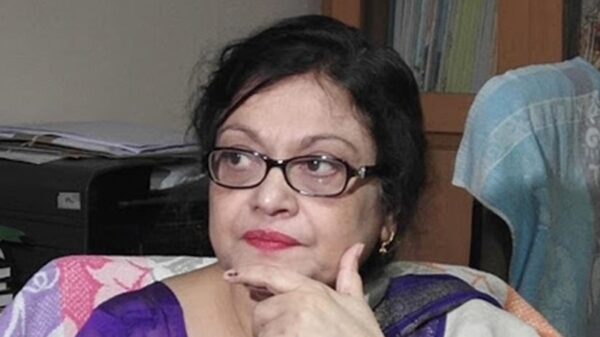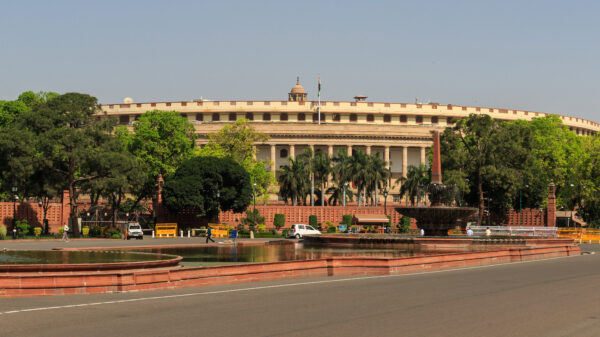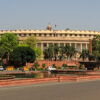Russia Ban WhatsApp: Insider Claims Block to Start August 1
The Russian government may be preparing to ban WhatsApp and VPN services, starting August 1, 2025, according to prominent journalist Anastasia Kashеварова. While the government has not confirmed the decision, the claim has triggered heated discussions across political and tech circles, fueling concerns about digital freedom and state surveillance.
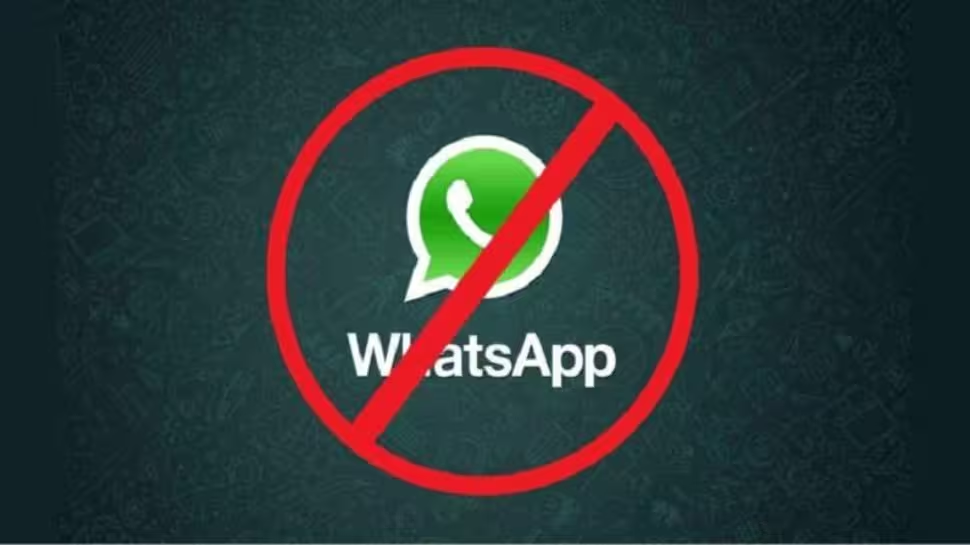
WhatsApp Ban: What the Insider Said
In a recent statement, Kashеварова described WhatsApp as a “tool of scammers and foreign intelligence,” citing its alleged use in schemes targeting Russian citizens and its vulnerability to surveillance. She asserted that both WhatsApp and VPNs would be blocked nationwide from August 1, labeling WhatsApp a “messenger of evil.”
“It’s a haven for criminals and enemy intelligence. It should be blocked first,” she said, referencing security concerns and the messaging platform’s role in allegedly compromising Russian military and journalist positions.
Official Government Response: No Ban Confirmed
Despite these strong claims, no official statement has been issued by the Russian government.
On July 24, Sergey Boyarsky, head of the State Duma’s Digital Policy Committee, clarified:
“No decision has been made regarding a ban on WhatsApp or Telegram.”
Boyarsky was responding to his deputy, Anton Gorelkin, who suggested that WhatsApp could likely be restricted in the near future. However, Boyarsky urged the public not to speculate.
The MAX Messenger Connection
The timing of the ban rumors is significant. In June, the Russian Ministry of Digital Development introduced a state-supported messenger app called MAX, developed by VK. The app, currently in beta, has been criticized for its lack of features and performance bugs.
Despite its shortcomings, the government announced plans to move school-related chats to MAX in six regions. Parents were reportedly pressured to install the app before August 1, coinciding with the rumored WhatsApp ban.
Political analysts suspect the WhatsApp restriction narrative may be a strategy to push citizens toward MAX, positioning it as a “sovereign alternative” to foreign messaging platforms.
Public Backlash and Social Media Buzz
Russian social media users and political commentators have called out the move as manipulative.
Maxim Zharov, a political analyst, claimed the ban rumor was designed to pressure resistant parents into adopting the new state-backed app.
“Scaring parents through Kashеварова is the new strategy of digital enforcers,” Zharov wrote on Telegram.
Public frustration is growing, with many calling the initiative a forced digital migration rather than a national security move.
Security Risks and Controversies
Critics argue that WhatsApp poses a national security threat because government officials continue to use it for sensitive communications. While the Russian government has advised switching to secure, local alternatives, enforcement has been inconsistent.
Telegram channels and media outlets continue to report insider leaks suggesting that WhatsApp is under heavy scrutiny by federal authorities.
Conclusion: Will Russia Really Ban WhatsApp?
As of now, there is no official confirmation of a ban on WhatsApp or VPNs in Russia. However, the alignment of public statements, internal pressure campaigns, and the MAX messenger rollout suggests a coordinated push toward digital sovereignty.
With August 1 approaching, the public and the international tech community are watching closely. Whether or not the ban materializes, the debate over privacy, state control, and internet freedom in Russia is far from over.


